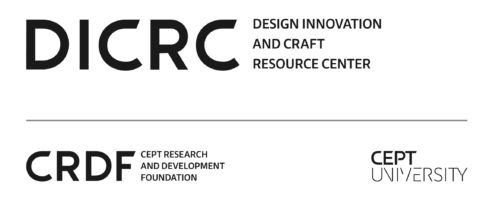Explore the journey of 62000 kilometres
Vernacular furniture is used in the everyday life of people of a particular region or community. The Vernacular Furniture of North-West India project aimed at identifying, mapping, documenting and studying vernacular furniture that has traditionally been, and continues to be an inherent part of the day-to-day life in an Indian household. This section provides an insight into the journey of six years, the places visited, the methodology and the people involved during the duration of this project.
480
Number ofdays on field
62
Teammembers
2
Organisationsinvolved
1942
Number of dayson the project
Vernacular Furniture
Vernacular furniture is used in the everyday life of people of a particular region or community. It is made by craftspeople using locally available materials. In a country like India, where the vernacular fabric changes every few hundred kilometres, a region’s architecture, interior architecture and furniture are excellent examples that reflect several social and cultural aspects of that particular region. Collectively, these elements provide a unique identity to a community or a region as a whole.
Vernacular Furniture of North-West India is an international collaborative research project between Design Innovation and Craft Resource Centre (DICRC), CRDF, CEPT University, Ahmedabad, India and South Asian Decorative Arts and Craft Collection (SADACC) Trust, Norwich, UK. Initiated in December 2015, the project aimed at identifying, mapping, documenting and studying vernacular furniture that has traditionally been, and continues to be an inherent part of the day-to-day life in an Indian household. North-West India covers the states of Gujarat, Rajasthan, Punjab and Haryana. The research was executed in three phases: Phase I: Gujarat, Phase II: Rajasthan, Phase III: Punjab and Haryana.
Overview of the project
Distance travelled- 62032 kilometres I Places visited- 429 I Furniture mapped- 7886 I People met- 4169 I Furniture types identified- 167 I Craft techniques documented- 83 I Materials documented- 42 I Furniture measure drawn- 124
Methodology
Identifying and locating vernacular furniture
It is simple to identify and record architecture as it can be identified walking along the streets. To identify and locate furniture, one needs to enter the homes and private spaces, religious spaces and public buildings, all, that one cannot access easily as compared to architecture. To locate the vernacular furniture in all the regions of North-West India, the team needed to enter the private spaces of people’s homes. This required us to develop relationships and build trust across all the states. The team reached out to their relatives, friends, colleagues for the primary set of contacts, which further led to the secondary and tertiary set of contacts in the regions. Based on the connections developed, the team conducted pre-fieldwork research to plan out each itinerary before setting out on the field. While conducting fieldwork, a mapping process was used to record the furniture pieces in their location. The mapping process is a system of identifying, and recording information through a photographic survey, form-based inventory and interviews. A geospatial tool was used to record the latitude and longitude that enables the presentation of the furniture piece onto a digital map. Through the fieldwork for this project, the team travelled around 62032 kilometres across the north-western region of India, and have met around 4196 people on the field, who welcomed us into their homes and helped us identify the various furniture types. A total of 7886 furniture pieces from the states of Gujarat, Rajasthan, Punjab and Haryana were mapped during the field visits.
Recording stories
A combination of many existing and new methods was used to study the furniture pieces across the states of Gujarat, Rajasthan, Punjab and Haryana. The project used two disciplines as trajectories; anthropology and design. A number of recording tools and methods, mainly field notes, recording furniture, context, people and details through photographs, videos and interviews were used while conducting the field research. Oral histories and stories related to the making of furniture, memories and belongings, associated traditions and customs narrated by the people were recorded in either audio or video formats. For example, in the region of Punjab, a sandook (cabinet) is given to the bride in her bridal trousseau by her family, and the preparation of making that sandook was done the very next day after the girl was born. Detailed sets of questions were asked during the field research to understand people’s lifestyle and their association with the furniture. The contextual study, social hierarchies in diverse communities and gender aspects were studied using an anthropological approach.
Analysing the crafts
To study the crafting and design of the vernacular furniture was the second trajectory of this research project. During the fieldwork, the team connected with various craftspeople who continue to make vernacular furniture, like the mudha (chair and stool) makers in Farrukhnagar, Haryana; kaawad (shrine) makers in Bassi, Rajasthan and weavers who made khaat (charpoys) in various parts of Rajasthan, Punjab and Haryana. Details of the materials and techniques used in making such furniture were understood and recorded. On the other hand, furniture like kathatara (larder), majju (cabinet) and pidha (low chair) are no longer made. The details of their making and crafting were only preserved through oral histories, which were recorded by preparing detailed furniture drawings on field.
A detailed step-by-step process was followed to prepare the drawings which is described below:
- Visual documentation: A visual assessment is made of the context, form, size, material and construction techniques that are recorded as part of the field notes. The initial step involves photo documentation – one set includes overall views and elevation shots; the second set is of the carvings, motifs and details that require a flat shot, with least perspective distortion in the photograph.
- Measure drawing: Measure drawing of the furniture takes place during the field visits and involves preparation of field drawings of the furniture. Plans and cross sections are drawn up and measurements are recorded on these drawings. These drawings enable all crucial details and measurements to be recorded in lieu of the limited time available in field conditions.
- Digital modelling: The field drawings are then translated into a 3D digital model using a software called Rhinoceros (Rhino). The software uses a mathematical (NURBS – Non-uniform rational basis spline) base to generate a digital model in a coordinate (length, breadth and height) system. This feature aids to make accurate details, curves and shapes as measured on field. This model also facilitates isometric and exploded views of the furniture.
- Drafting: The 3D models are exported into 2D drawings and thereafter detailed using the software, AutoCAD. The solid based 3D model is simplified into line drawings. It is at this stage that the technical representations of the furniture, in the form of plans, sections, elevations, isometric views and exploded views are drawn. These drawings are verified by experts on furniture details and scholars to ensure the most correct and accurate details are presented.
- Dissemination: The drawings are composed together and can be used for dissemination in various forms; exhibitions, books, portfolios for reference of students, designers and scholars.
Using the collection
The South Asia Collection in Norwich, UK cares for a number of vernacular furniture pieces from north-west India. The interaction with the vernacular furniture items at The South Asia Collection has been threefold; the first is to identify furniture on field. The photographs of the vernacular furniture at the South Asia Collection were used to initiate conversations on field with the local people about the research and related findings. Such photographs also helped when we sought to locate a specific type of furniture. Secondly, in some instances, we were unable to analyse or take measurements of furniture pieces on the field. The Collection became a resource to analyse crafts in such cases. The third and most important aspect is that this research will eventually feed back into the research of the museum pieces.
Design Innovation and Craft Resource Centre (DICRC)
CRDF, CEPT University, India
The Design Innovation and Craft Resource Centre (DICRC), CRDF, CEPT University, India functions as a research centre for the development and understanding of the traditional and vernacular building and craft practices of India. At DICRC, crafts are studied under two primary categories: SMC (Space Making Crafts) and SNC (Surface Narrative Crafts).
DICRC’s prime goal is to promote the significance of, and encourage the study of, the traditional and vernacular building and craft practices of India by means of dedicated research and innovation.
In order to do so, DICRC relies on five major focus areas: Research and Documentation (which includes mapping, documentation, research and analysis), Innovation and Development (through workshops, internship and fellowship programs), Education and Training (by means of conducting lectures, seminars and forums to establish the role of craft in Interior Architecture at national and international level), Application and Collaboration (taking up national and international collaborative research projects), and lastly, Resource Building and Dissemination (sharing the collaborators process and results of all our activities on our open source platform the Building Craft Lab [BCL]).
DICRC is a conducive platform where design thinking engages with a range of crafts and traditional knowledge. It also provides consultancy services to creative persons, artisans and the interior architecture industry for the implementation of innovative ideas in the field of crafts within current interior architecture education as well as practice. DICRC was founded by Prof. Krishna Shastri (former Director, DICRC and former Dean, Faculty of Design, CEPT University) and Jay Thakkar (Executive Director, DICRC and Associate Professor, Faculty of Design, CEPT University).
South Asian Decorative Arts & Crafts Collection Trust (SADACC), UK
The South Asian Decorative Arts and Crafts Collection Trust (SADACC) cares for and manages The South Asia Collection Museum. SADACC is a registered charity, founded in 2010. The mission of the Trust is to record, conserve and promote the arts, crafts and cultures of South Asia and adjacent countries such as Afghanistan, Bangladesh, Burma, Thailand, Indonesia and Central Asia.
SADACC cares for a collection of around 7000 objects and artworks from South Asia. This primary focus on the arts and crafts of South Asia makes The South Asia Collection Museum unique when compared to museums in both Europe and South Asia. The importance of this collection was assessed by a number of external experts when the SADACC Trust was founded.
SADACC aims to become a leading research centre for the arts and crafts of South Asia. As such, the SADACC team coordinates a number of research projects in South Asia and the UK.
SADACC hosts a research library, is involved in archive building, shares the collection through exhibition displays, and organises events and lectures which provide a platform for external academics, independent arts organisations and our own research.
SADACC has supported postgraduate research into the arts and crafts of South Asia, provides student placements, hosts visiting research fellows, works closely with local universities, school groups, arts organisations and with local, national and international museums.
The South Asia Collection Museum (cared for and managed by the SADACC Trust) and The South Asia Collection Shop (managed by Country & Eastern) are both housed in the same building – a restored Grade II listed Victorian roller skating rink, in Norwich, UK. The museum, the SADACC Trust and Country & Eastern were founded by Philip and Jeannie Millward, who have been working in South Asia since the late 1970s.

South Asian Decorative Arts and Craft Collection Trust
Norwich, NR2 1NR United Kingdom
+44 1603 663890
Email: info@thesouthasiacollection.co.uk
Website: www.thesouthasiacollection.co.uk
Project envisioned by
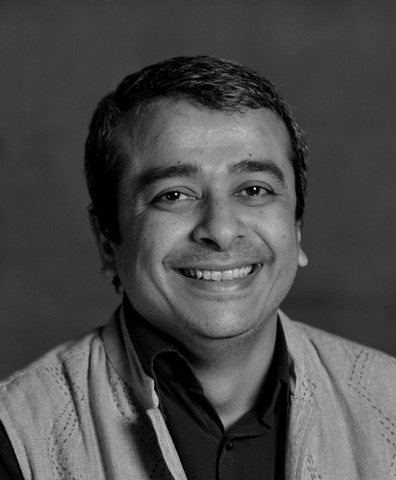
Jay Thakkar
Jay Thakkar is an Associate Professor, Head of Exhibitions at the Faculty of Design, and Co-founder and Executive Director and Co-founder of Design Innovation and Craft Resource Centre (DICRC), CRDF at CEPT University, Ahmedabad, India. He has worked on various design, craft, education and research projects in India, Europe, and Australia. Notable books co-authored by him are Sahaj, Prathaa, Matra and he has authored Naqsh. He is also a recipient of the Charles Wallace India Trust (CWIT) and Simon Digby Charitable Trust (SDMC) research fellowship. He has received gold medals from the CEPT University and the GICEA for his research work.
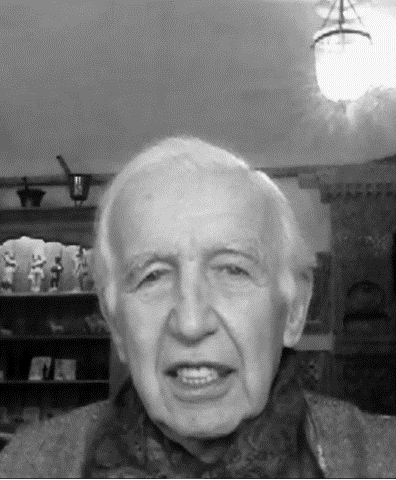
Philip Millward
Philip originally trained as a Chemical Engineer and studied for a PhD funded by NASA. He worked for a major engineering-construction company in California and subsequently represented them in Iran and Saudi Arabia. A journey through Pakistan in 1979 with his wife Jeannie, however, was life changing and they went on to found the SADACC Trust further developing their interest in the Arts & Crafts of S. Asia and adjacent countries.
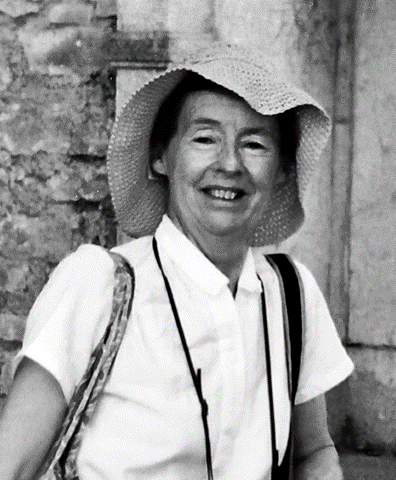
Jeannie Millward
Jeannie has had a life-long interest in crafts and travel. Born in the Potteries (UK), studied at the London School of Furniture followed by establishing an antique shop in London. She has lived and travelled extensively in Iran, S. Arabia, Pakistan, India, China and S.E. Asia with her husband Philip.
Team
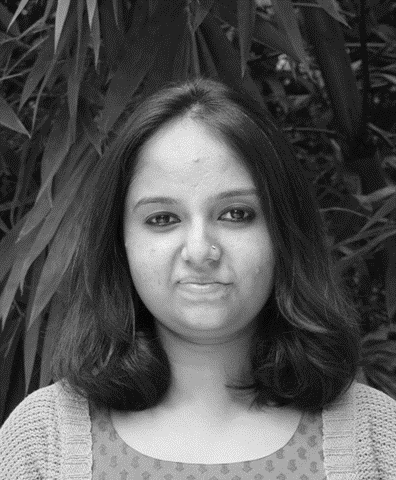
Mansi S Rao
Mansi Sathyanarayan Rao is a Senior Research Associate at DICRC, CEPT University. Her research interests lie at the intersection of heritage (particularly crafts and material culture) and ideas of development. Mansi is a Principal Researcher for Vernacular Furniture of North-West India and the Project Team Leader for Phase II: Rajasthan. On this project, her role has been crucial in developing the methodology and managing the research on all phases of the project. She has been interested in researching the links between design and material culture perspectives to study vernacular furniture.
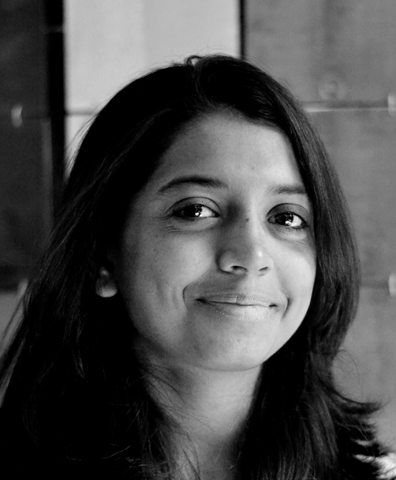
Mitraja Bais
Mitraja is a co-author of Sahaj: Vernacular Furniture of Gujarat, published by CEPT University Press. She was the Principal Researcher for Phase I (Gujarat) of the Vernacular Furniture of North-West India project. Mitraja studied Architecture at D.C.Patel School of Architecture, V.V.Nagar and went on to pursue Masters in Interior Architecture and Design (MIAD) at Faculty of Design, CEPT University with a Major in Craft and Technology.
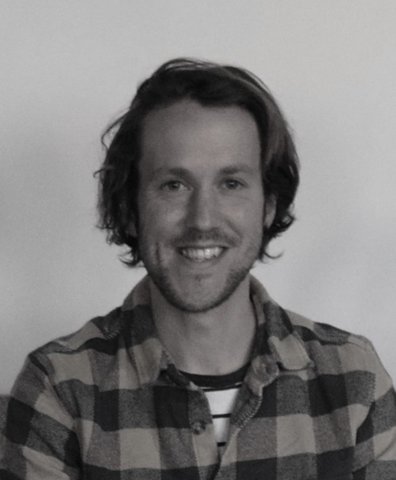
Ben Cartwright
Dr. Ben Cartwright is the Collection Curator for The South Asia Collection Museum. He is a co-author of Sahaj and Anaikya and the forthcoming book on Punjab and Haryana. He is fascinated by the everyday uses of vernacular furniture, how the crafting of furniture has changed over time, and what happens to furniture pieces when they leave the everyday. He currently works on several projects on the crafts and art history of India.
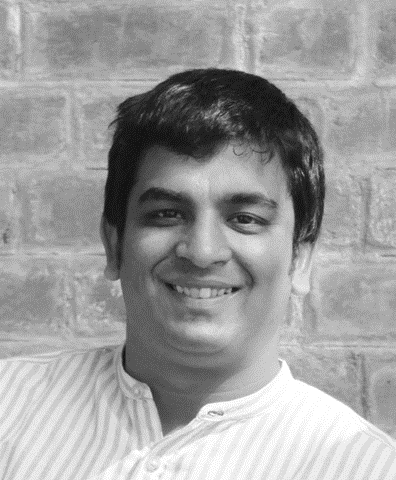
Rishav Jain
Rishav Jain is an Ast. Professor - Program Chair for Master of Design(Interiors) and IMIAD at the Faculty of Design, and a Research Expert at DICRC,CEPT University, Ahmedabad. His research and writings explore the idea of craft beyond traditions and craft beyond objects, dwelling into an exploration of the contemporary perspective on Building Crafts in India.Rishav is the Principal Researcher for VFNWI- Phase III Punjab. As part of this project, he has also been instrumental in developing the visual identity for all phases, ideating and designing the dissemination of the myriad outcomes.
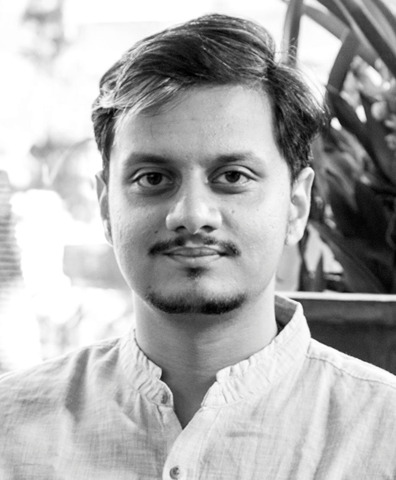
Samrudha Dixit
Samrudha Dixit is an Industrial Designer by education and a Research Associate at DICRC, CEPT University. As a key researcher on the project, he toured extensively, interviewed craftspeople, documented, drew and collated information throughout Rajasthan and Gujarat. His material processes expertise led to a deeper understanding of craft techniques, and construction details of vernacular furniture represented through technical drawings in this project.
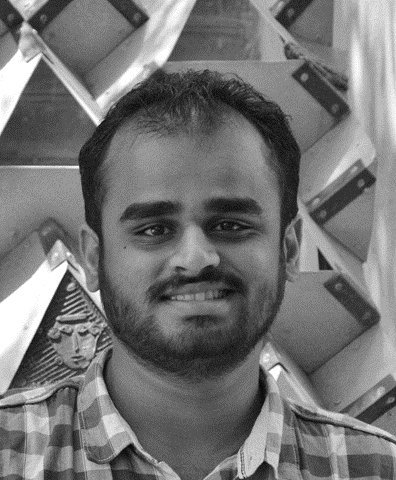
Abhishek Ruikar
Abhishek Ruikar, a Senior Research Assistant, is associated with Design Innovation and Craft Resource Centre since May 2017. He is a part of the project ‘Vernacular Furniture of North- West India’ and has traveled extensively to the states of Rajasthan, Punjab and Haryana. His interest in understanding details and making has contributed in developing detailed furniture drawings. He has been involved in leading furniture drawings of Rajasthan and supervising furniture drawings for Punjab and Haryana. He also has interests in photography and is currently exploring his interests in details by designing and making sequential tactile puzzles as a hobby.
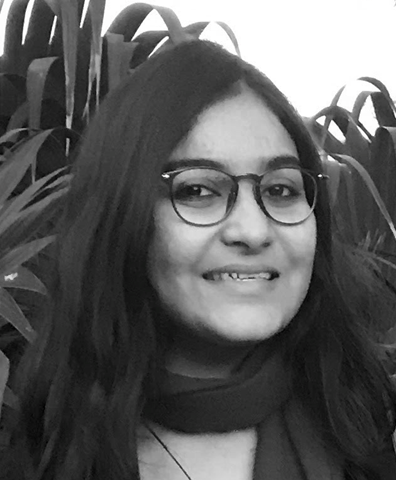
Radha Devpura
Radha Devpura is a Senior Research Assistant at Design Innovation and Craft Resource Centre (DICRC), CEPT University. She has travelled extensively in the regions of Punjab and Haryana for the project ‘Vernacular Furniture of North-West India’. She was involved in recording oral narratives and understanding the cultural nuances associated with the vernacular furniture in these regions. Radha studied Bachelor’s in Architecture from Institute of Design Environment and Architecture (I.D.E.A), Indus University, Ahmedabad. She is enthusiastic about travelling, reading, writing, and capturing oral narratives.

Daksh Dev
Daksh Dev, an Architect, born in October 1995, grew up in a small village of Kangra district in Himachal Pradesh. This project has provided him the opportunity to travel and learn from various traditions and cultures across the northern and northwestern regions of India. The learnings from his travel have majorly influenced his sensibility towards traditional skills, local building techniques, materials, and the ingenuity arising from limited resources.
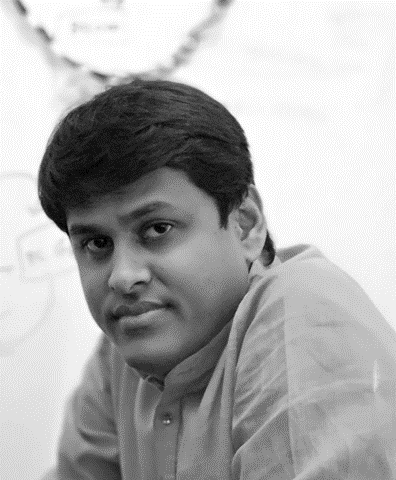
Piyush Shah
Piyush Shah has more than 9 and a half years of professional experience in GIS and spatial data management. He has been associated with DICRC since 2012 and has contributed his expertise on the technical aspect of craft digital documentation. He co-authored four research papers focusing on heritage management and GIS, one of the abstract have been selected for publication at 24th CIPA Symposium at Strasbourg, France.
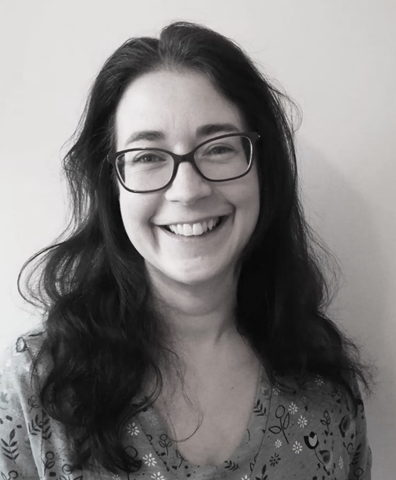
Hannah Bentley
Hannah Bentley has an MA in Museum Studies from the Textile Conservation Centre (University of Southampton) and has 20 years’ experience working in museums in the UK, specialising in collections management. She is currently completing a PhD in the School of History at the University of East Anglia.
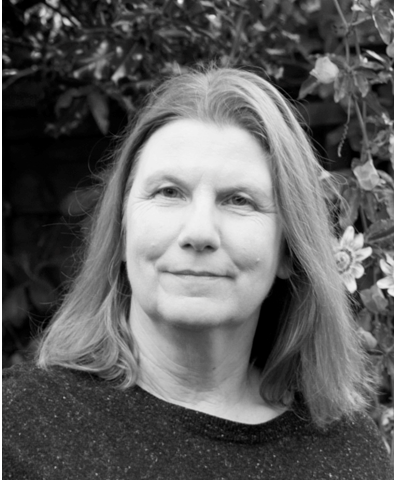
Christine Blackburn
Curatorial Assistant at The South Asia Collection Museum. I have previously worked in curatorial, collections management and heritage engagement roles, chiefly for Museums Sheffield, the National Trust and the Public Cataloguing Foundation.
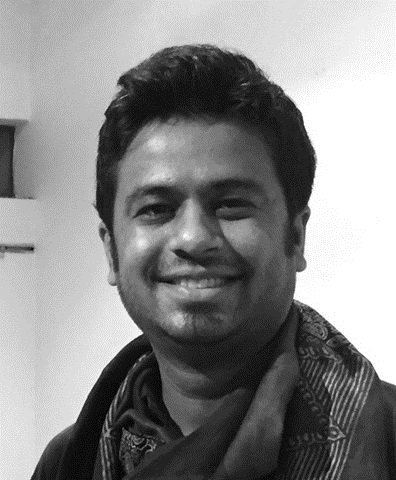
Bhargav Padhiyar
Bhargav Padhiyar is a new media designer and alumni of National Institute of Design, India(NID). From the time of his graduation project, he started working on how new media be explored and designed for enhancing the traditional craft practices of India; this project was also part of the Craft Innovation fellowship at DICRC. In 2020, he again joined DICRC for the "Celebrating Clay" project to reconnect work with the Craft Community of Gundiyali. His interest lies in digital heritage, museum and exhibition design, transmedia storytelling and speculative design.
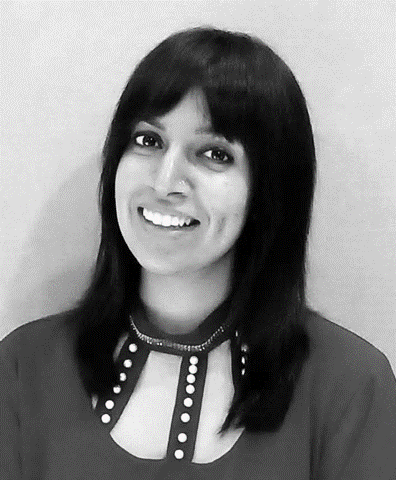
Anshula Prehar
Anshula Prehar is an architect by education; she completed her bachelor’s in architecture from Guru Nanak Dev University, Amritsar, Punjab. At DICRC, she was involved in the project Vernacular Furniture of North-West India - Phase Punjab and Haryana, wherein she actively participated in the field visits across Punjab and Haryana and in preparing field notes, drawings, typology charts, maps, presentations and newsletters. She is passionate about design research, traditional building practices, indigenous communities and likes to travel, document and tell oral stories.
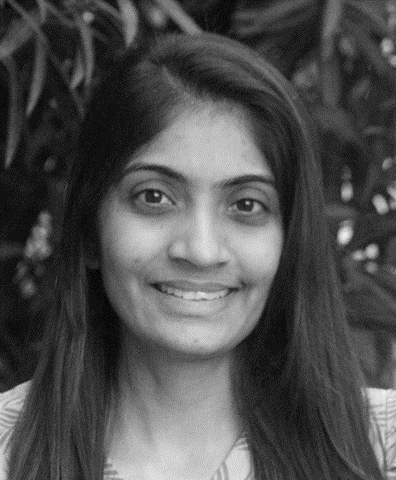
Isha Bodawala
Isha Bodawala, Being an Architect by profession she always has her roots in designing. But apart from that her interest took her into the field of research, where she became a part of Design Innovation and Craft Resource Centre (DICRC), at CEPT University for its one of the most significant projects ‘Vernacular furniture of North-West India’. Her interest lies in painting, historical research and product designing.
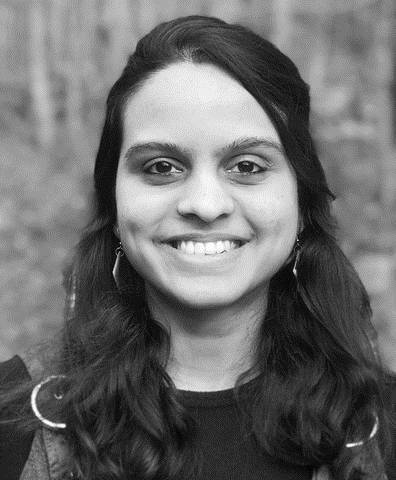
Nupur Gurjar
Nupur Gurjar is an Architect, Designer and interdisciplinary researcher who uses a systems-level approach for critical thinking to address societal challenges through human-centered design. She has professionally worked in different cities in India and the US on Design strategy, Experience and Service Design and worked as a Research Assistant at DICRC between 2018-19. She is currently a Research consultant for the International Organization for Migration (IOM), Niger, UN and is a Masters student at Harvard University Graduate School of Design.
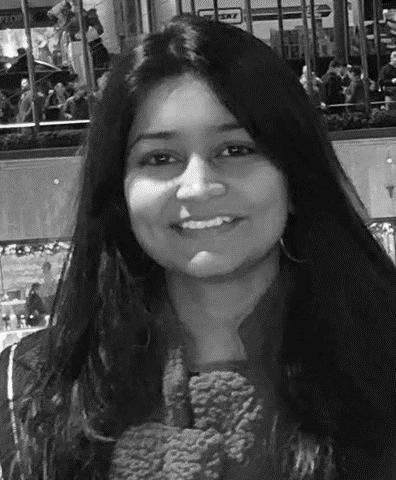
Hitali Gondalia
Hitali Gondaliya is working as a project designer after graduating from UMASS Amherst with a M.Arch degree. Before pursuing master’s studies, Hitali joined the DICRC team to help with the ongoing documentation of the vernacular furniture products of North-west India. Her passion for working with the DICRC team was derived from the genuine desire of understanding the culture and importance of century dated furniture for each community that were involved in the project. In the process, she learned to interpret the details and document the complex joineries of the furniture objects which according to her is one of the most important learnings as a designer.
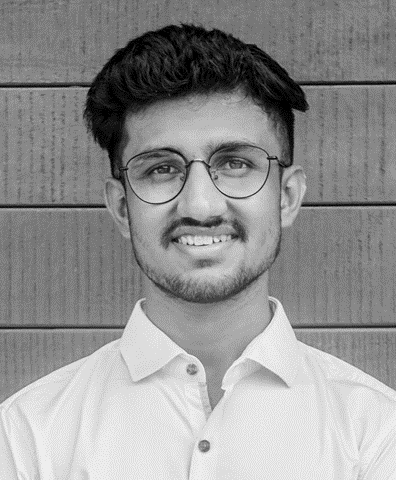
Kirtan Shah
Kirtan Shah has done his M.Tech in Geomatics from Faculty of Technology, CEPT University, Ahmedabad (India) and B.Tech in Civil Engineering from Indus University, Ahmedabad (India). Kirtan is passionate about the latest GIS Technologies. He has good knowledge of Cartography, Photogrammetry, Spatial data analysis techniques and Satellite Image analysis. He loves to do Spatial data analysis and to find out correlation between different things based on their locations. He is interested in helping climate change policy makers by various GIS and Remote Sensing Techniques. Currently he is working as Research Assistant at DICRC, CRDF on ‘Vernacular furniture of N.W India’ and the ‘Celebrating Clay: Crafting Futures’ projects.
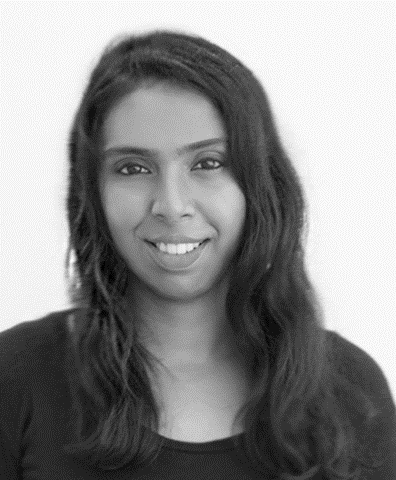
Haritha Devi
Haritha has done her Masters in Landscape Architecture and specialisation in interior design in B.arch. She worked as a Research Assistant at DICRC. Her scope of work included on-field study, documentation, content writing and developing technical drawings. Her interests lie in exploring new narratives in art, architecture and culture.
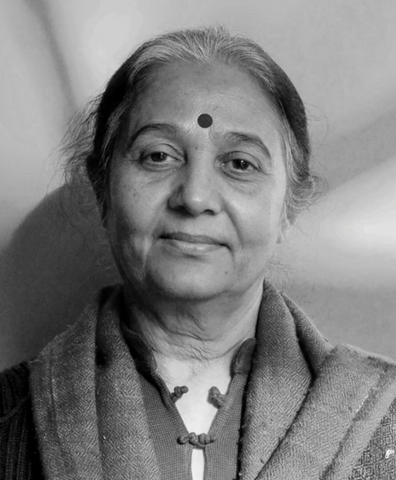
Krishna Shastri
Prof. Krishna Shastri was the Dean and one of the founders of the Faculty of Design, as well as Design Innovation and Craft Resource Centre (DICRC), CRDF, CEPT University. Prof. Shastri was awarded Diploma in Architecture from School of Architecture, CEPT University, India (1969) and Masters in Architecture & Urban Design from School of Architecture, Washington University, Missouri, USA (1972). Her deep interest in education can be observed during her 12 years in USA, where she was actively involved in designing curriculum and infrastructure for various community colleges and projects. She has been a visiting professor at School of Interior Design, University of Kentucky, USA (2003) and professor at Interior Design Institute of Louisville Technical Institute, USA (1978-81).
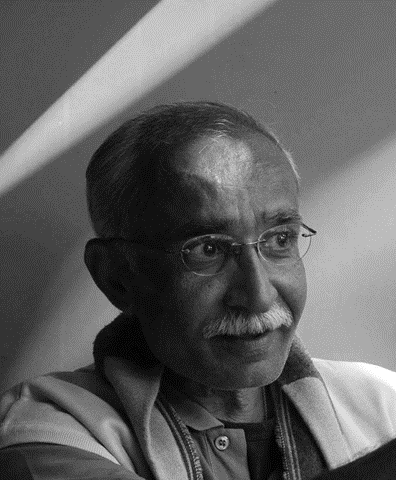
Kireet Patel
Kireet Patel is a founding faculty member and Professor at Faculty of Design, CEPT University, Ahmedabad. He is an advisor at Design Innovation and Craft Resource Centre (DICRC), CEPT University. Kireet Patel is a pioneering educationist in the area of traditional crafts. With a strong base in design theory and a deep interest in crafts, his inputs in design studio inspire students to experiment with the forces of nature. He holds a Diploma in Architecture from the School of Architecture, CEPT (1989). He is the co-author of “Arayish: Wall Paintings of Shekhawati”,(2006) the SID Research Cell’s first monograph in the Space Making Craft Series.
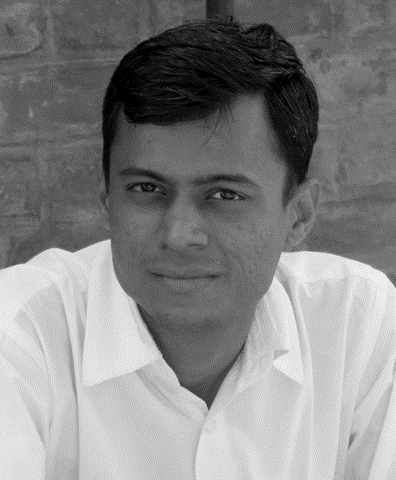
Pankaj Soni
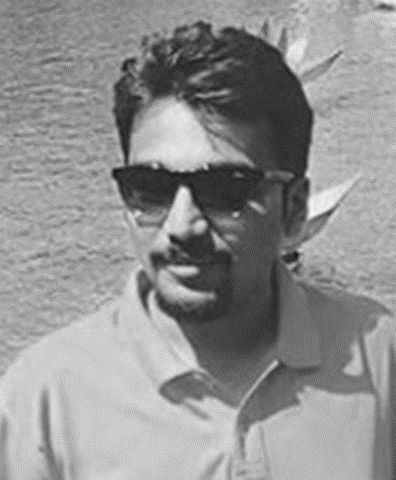
Jay Shah
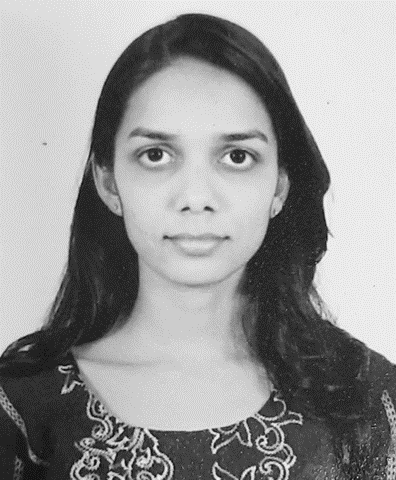
Namita Parmar
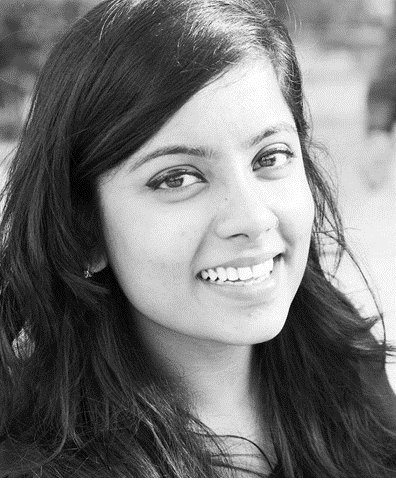
Upasana Jain
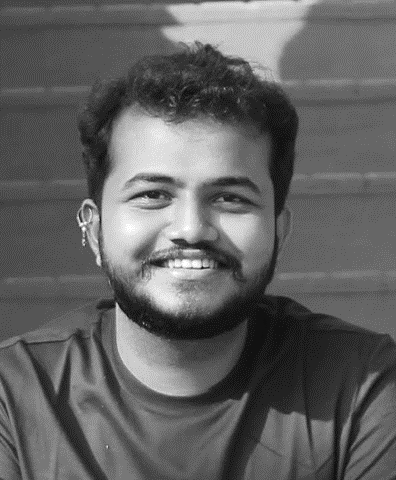
Chinmay Gheware
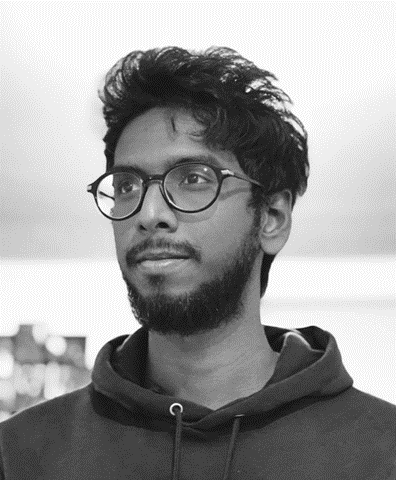
Aathish G
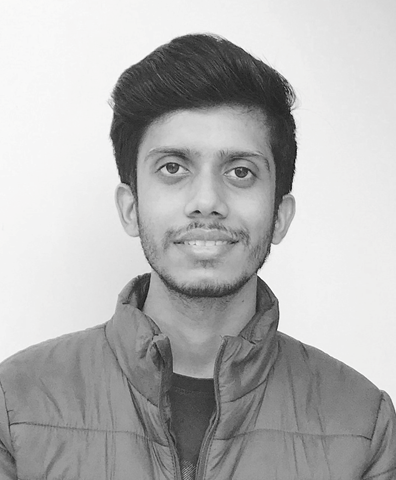
Gaurav Merwara
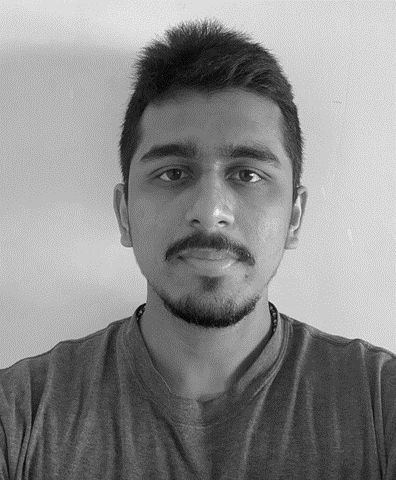
Shail Sheth
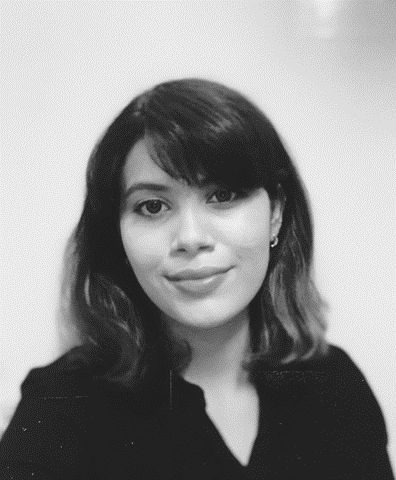
Ishani Pandey
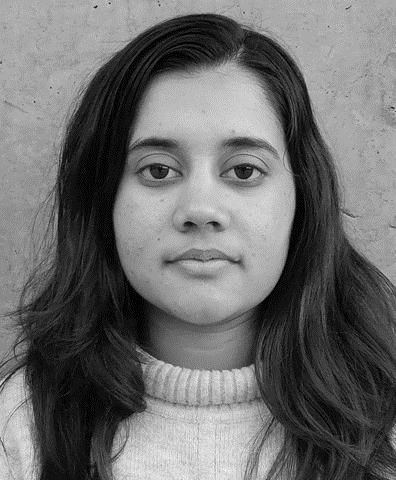
Jinal Shah
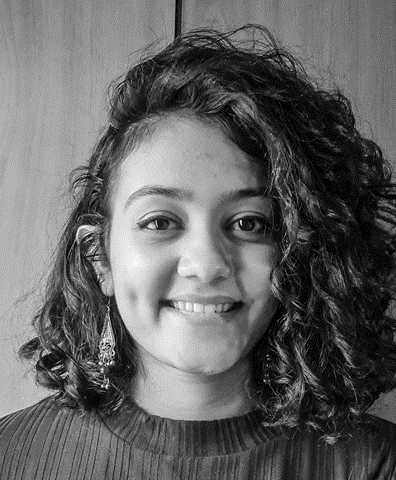
Rakshita Modi
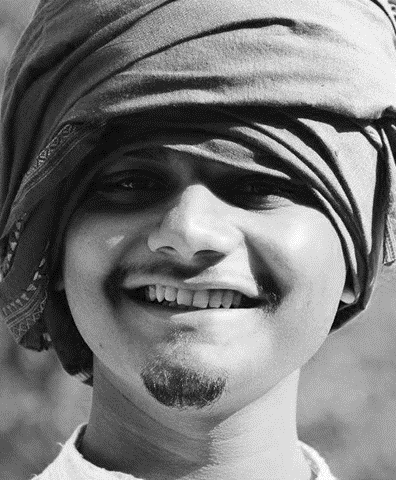
Amol Kapadia
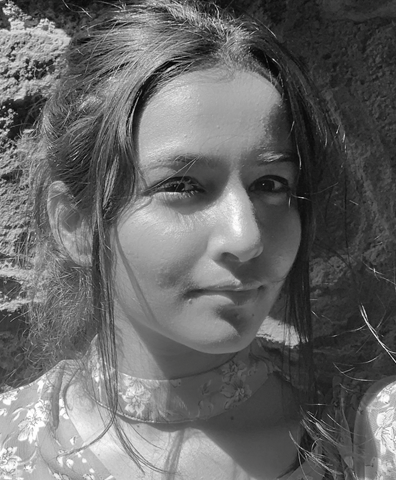
Palak Patel
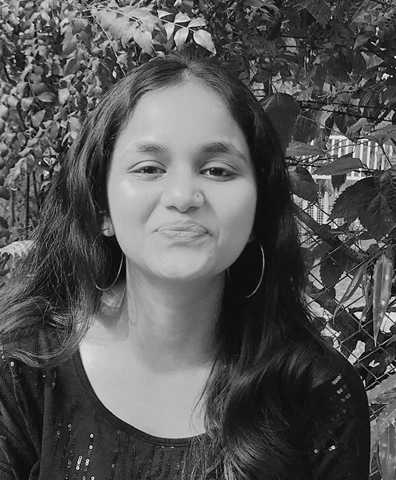
Sanskriti Patel
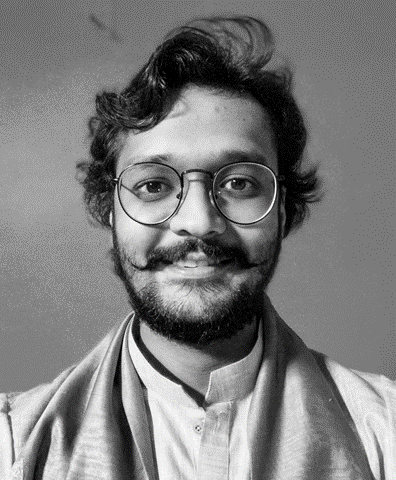
Kush Bansal
Kush Bansal is an interior designer graduated from Faculty of Design, CEPT University, Ahmedabad. He was professionally involved in designing and making wall murals and artworks. Kush has contributed to Anaikya: Vernacular Furniture of Rajasthan through his illustrations of vernacular furniture.
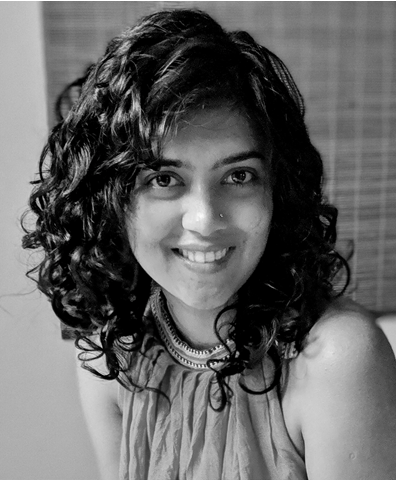
Pooja Acharya
Pooja Acharya is an artist born and raised in Bengaluru. She took to the paint brush at an early age of 3. Realising her love for art and painting in particular, she shifted from Sciences stream to graduate with a degree in fine arts from Karnataka Chitrakala Parishat. She draws inspiration for her art from places and faces, believes art is a universal language for people of all races.
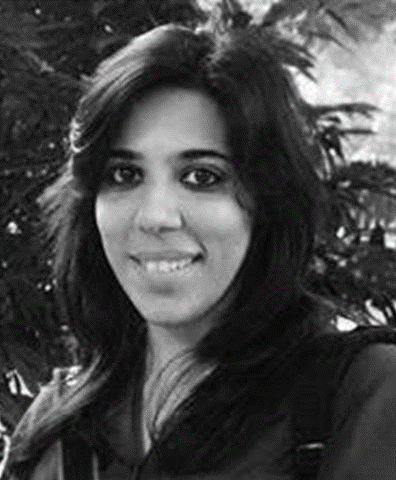
Ruchika Arora
Dr Ruchika Arora has lived most of her life between India and England. Her stay and experiences in India have passionately interested in her in Islamic arts and architecture in India. Ruchika Arora holds a PhD in Architecture from England, which focused on Islamic architecture. She is very passionate about reviving culture in a contemporary context whether it is through restoration of monuments, or research leading to publications to generate awareness.
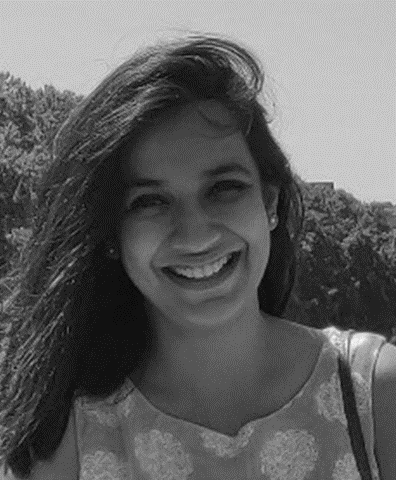
Priyanka Shah
Priyanka Shah is currently pursuing a Masters in Strategic Product Design at TUDelft and has a bachelor's degree in Interior Architecture from CEPT University. She is driven to design actionable omnichannel customer/employee experience strategies to help companies innovate and shift to being life-centered while preserving the company's self-interest. She aspires to design highly impactful strategies, driven by curiosity, fuelled by diverse experience, and sustained by pragmatism.
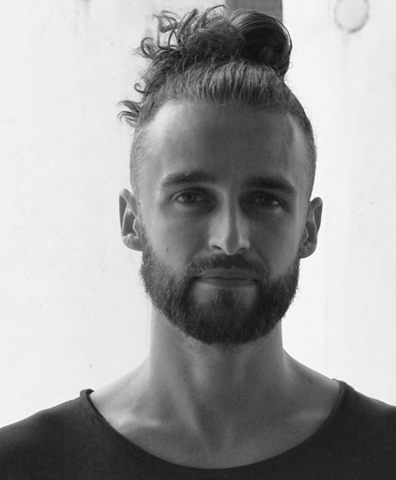
Luca Kaussen
Luca Kaussen is currently pursuing a Masters in Strategic Design at TUDelft, Netherlands and has a bachelor degree in interior design. His background in different design studies let him to create a jewellery brand while working as the voice of the user on digital interfaces. He aspires to create impactful experiences to generate social, environmental and economical value alike.
Jayesh Gohel
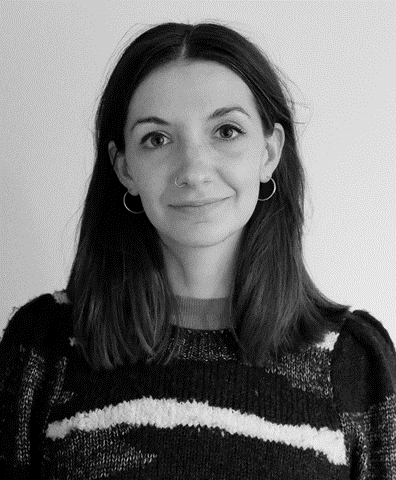
Charlotte Reeve
Charlotte Reeve is a creative arts professional, based in Norfolk, UK. Her background is in illustration, having completed her BA at Norwich University of the Arts in 2014. Whilst working at The South Asia Collection, she photographed objects in the Trust's archive as well as designing content for exhibition displays and publicity materials. She currently works in creative events with a focus on festivals and artistic engagement.
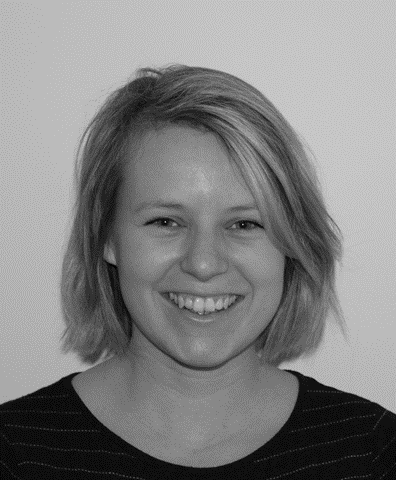
Amy Fellows
Amy was Graphics and Communications assistant at SADACC 2019-2020. She has an MA in Communication Design and is a freelance artist, designer and researcher.
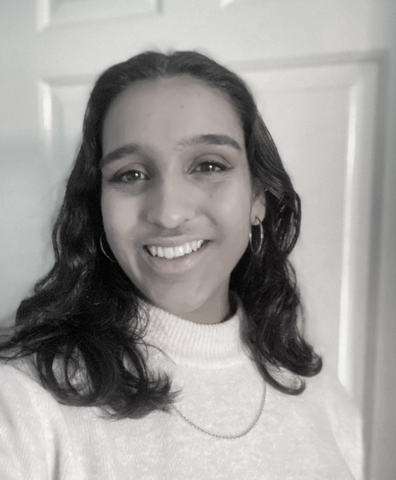
Patricia Mercer- David
I am an illustrator and workshop facilitator studying in Norwich. I work as Graphics and Communications Assistant at SADACC, where I design exhibition boards and produce visual social media content. Outside of work, I co-run a society organising creative community events.
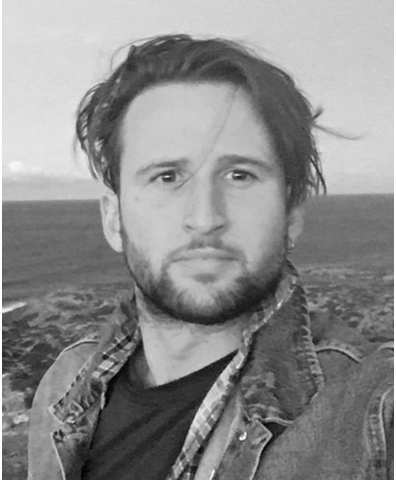
Zac Massey
I worked with SADACC for several years during my studies at the Norwich University of the Arts, photographing objects for the museum and helping on displays.

Louis Pugsley Birch
Working at the South Asia Collection I photograph all the new collection pieces that come in. Making sure they are presented in an accurate and detailed light, this is crucial work I thoroughly enjoy.

Sidney Reeve
Designed and helped to build the current The South Asia Collection website, showcasing past and existing exhibitions. Created a new sign up process for the museum mailing list which is used to keep subscribers informed of the progress of research projects. Scanned and archived a number of documents, so that these can be preserved and shared digitally. Currently working within the Fulfilment team for Waitrose.com, analysing and creating the most efficient routes in order to complete online deliveries.
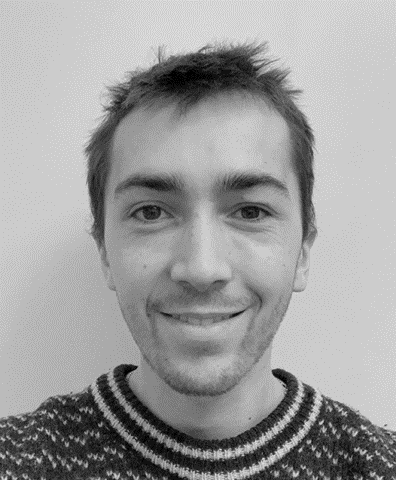
Nick Lewers
Whilst at The South Asia Collection, I worked as an IT Support Assistant, helping with the day to day technical side of operations alongside my studies at university. Now I am living and working in London as a software engineer for a games company.
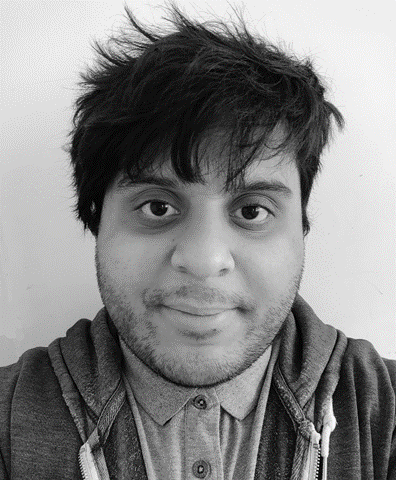
Nahim Islam
At The South Asia Collection, I helped with many tasks that included: creating an Online Collection for objects archived at the museum, building the India and Pakistan Remembrance Oral History project, maintained the Museum website by adding new content to showcase their diverse collection and provided IT support. Currently working as a Web Developer on various projects.
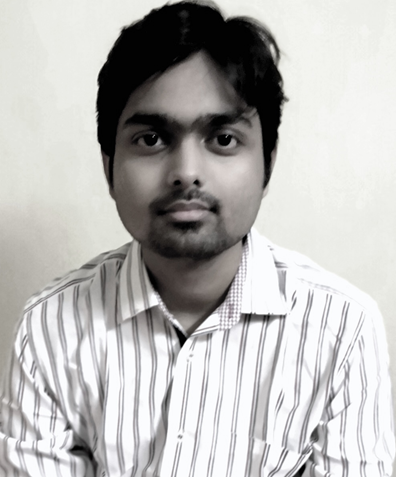
Sandipan Goswami
Sandipan Goswami is a student at University of East Anglia where he is studying Data Science. He specializes in working with Big Data and process automation. He is currently exploring the connection between Arts and Technology
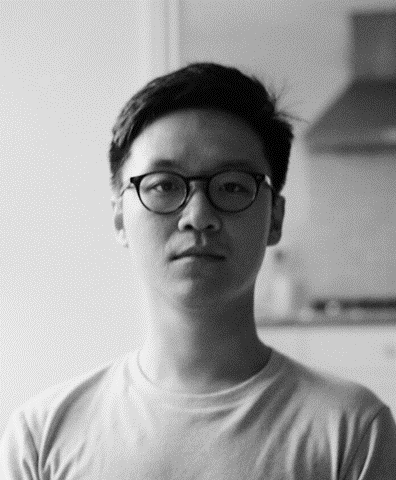
Jason Ng
Jason transcribed oral history interviews and catalogued the book library while volunteering at The South Asia Collection. He is a research apprentice at the National University of Singapore's Department of Architecture, currently assisting with a project on the transnational histories and technopolitics of air-conditioning in Asia.
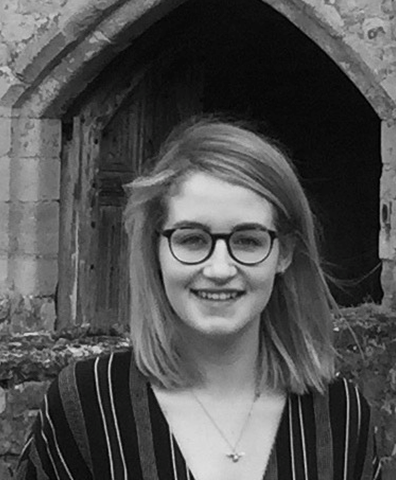
Katherine Bridges
I was lucky enough to volunteer at the SADACC Trust, helping to improve the storage and documenting of their collection. I now work as the Project Conservation Lead at Oxburgh Hall, maintaining my passion for collections care and conservation.
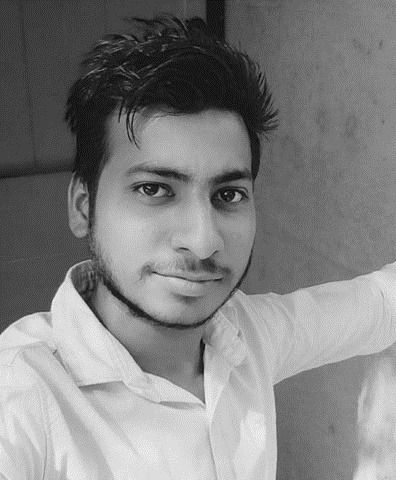
Jay Kumar Vaghela
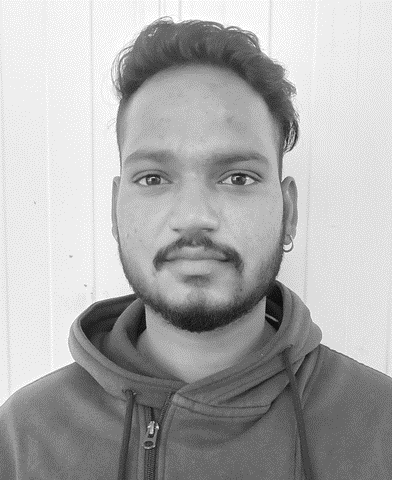
Rahul Vaghela
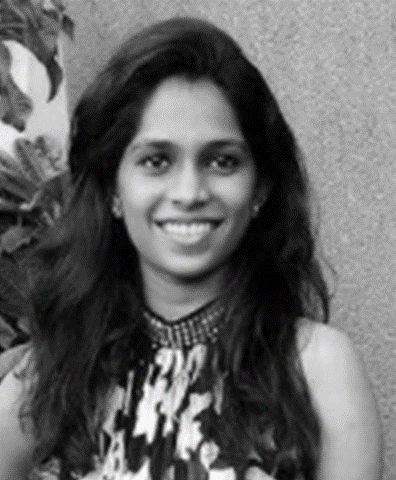
Khyati Sheth
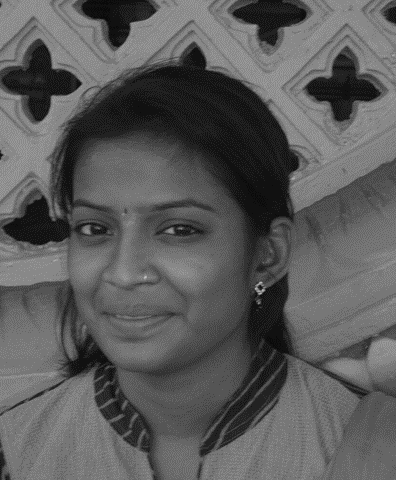
Varsha Naidu
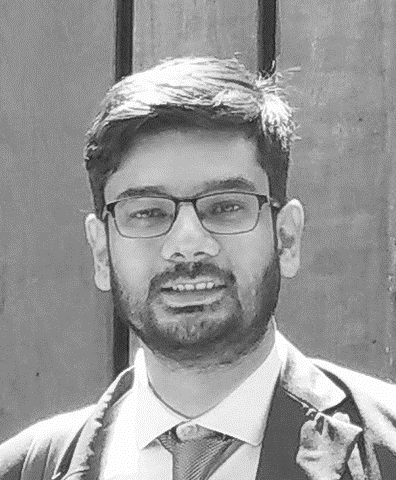
Rajdeep Routh
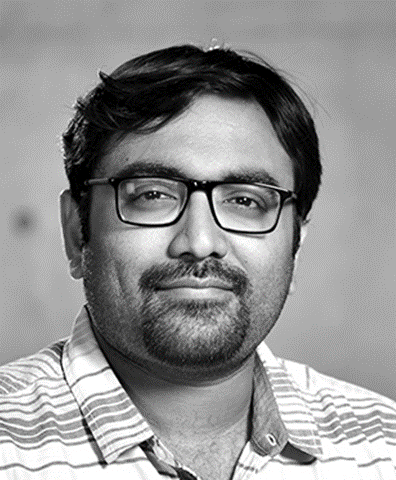
Rudrapalsinh Solanki
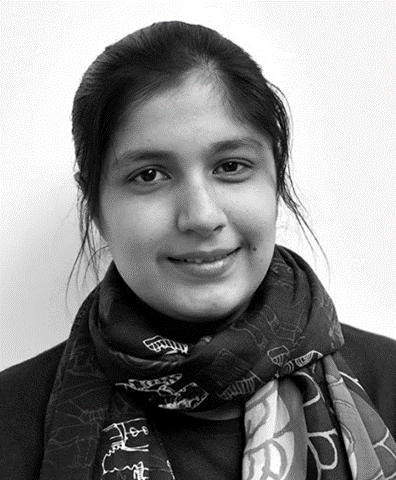
Chandni Chhabra
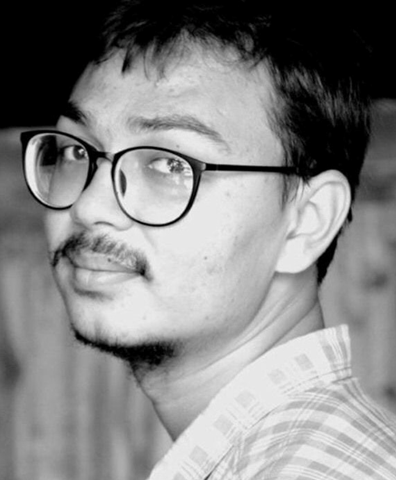
Harsh Bhavsar
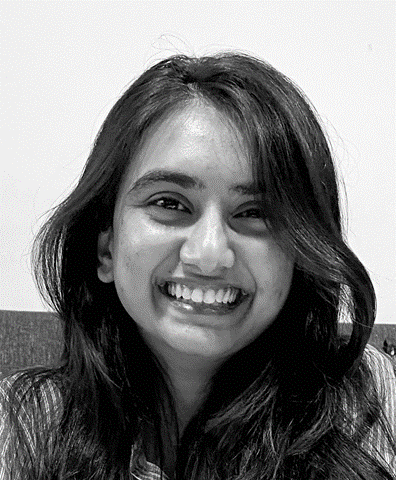
Nidhi Badrakia
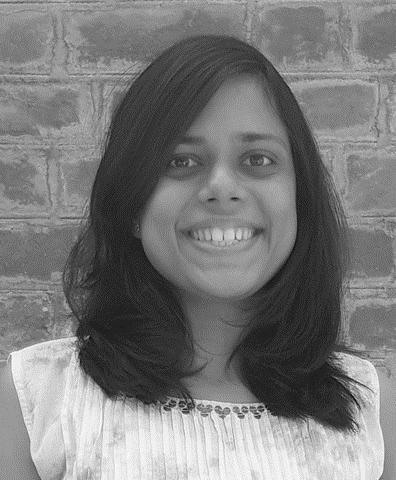
Aanshi Sheth
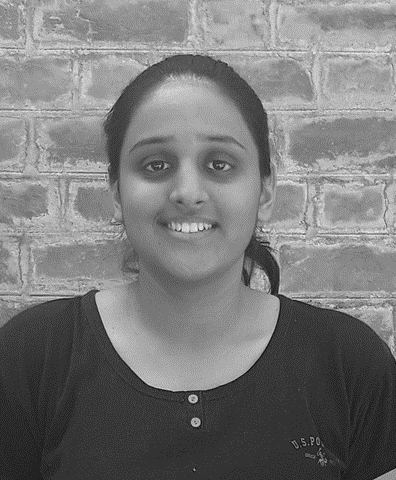
Aditi Shah

Anusha Bishnoi
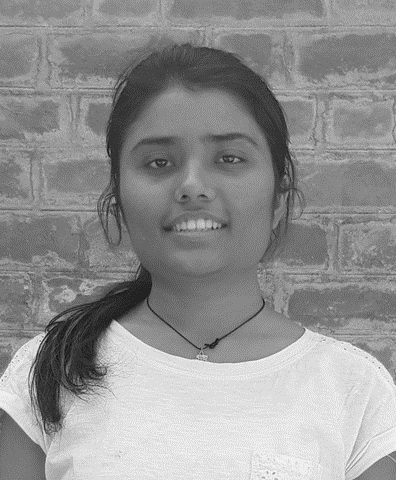
Charvi Patel

Dhwani Shah
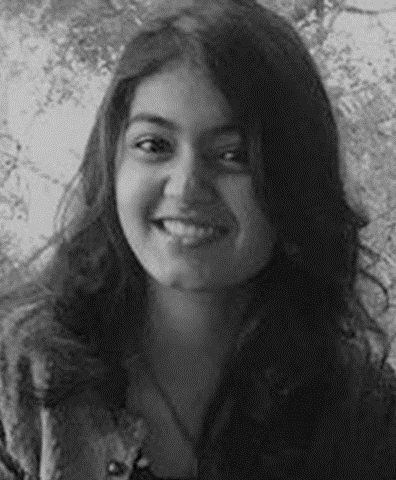
Jasoda Bhansali
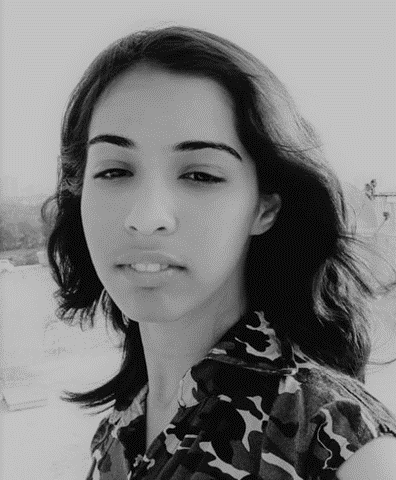
Khevana Shah
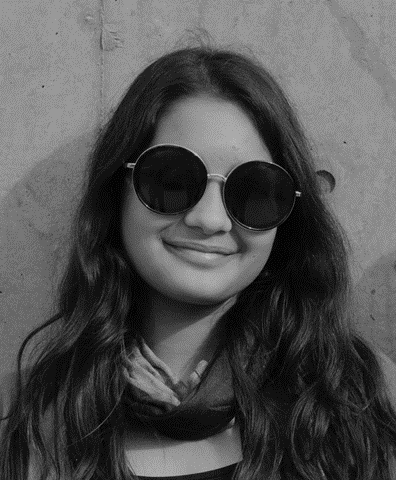
Khushi Jain
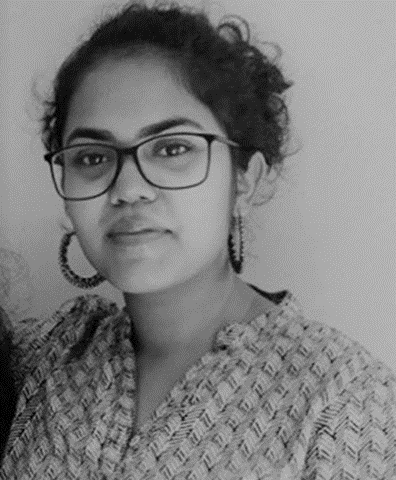
Kratika Gupta
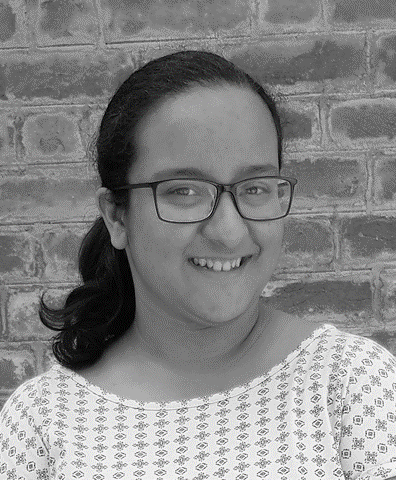
Nirjari Upadhyay
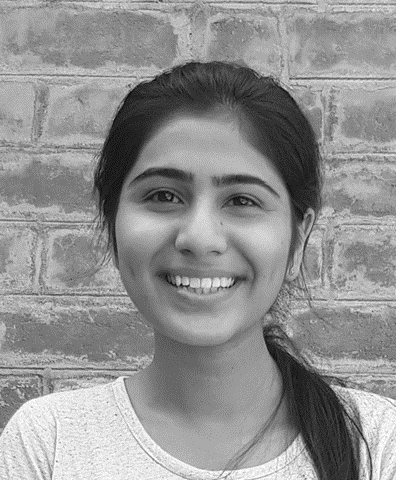
Pankti Dhagia

Parina Vaghani
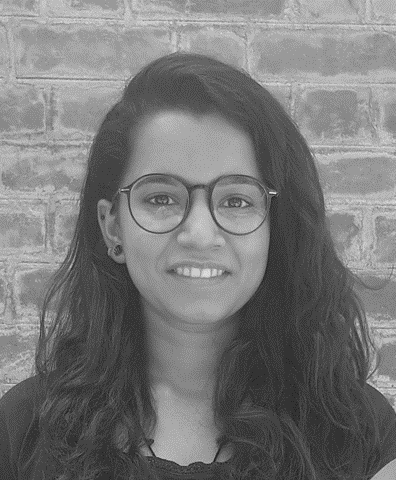
Priva Barot
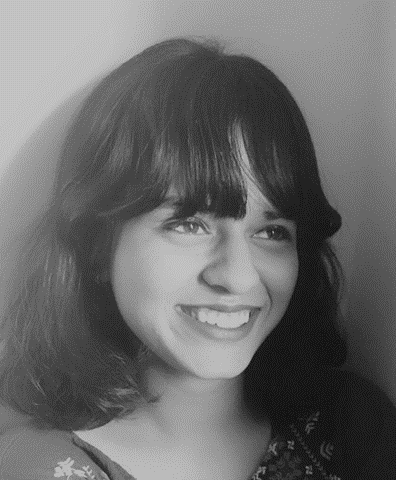
Shyambhavi Shukla
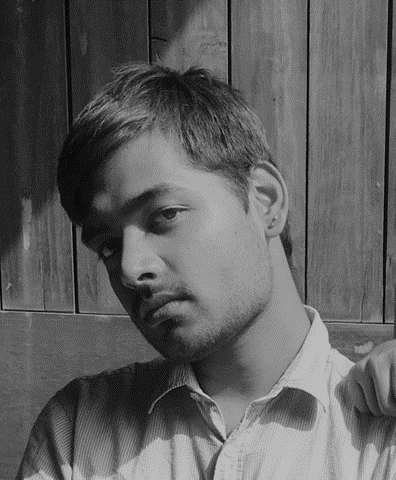
Siddharth Sharma
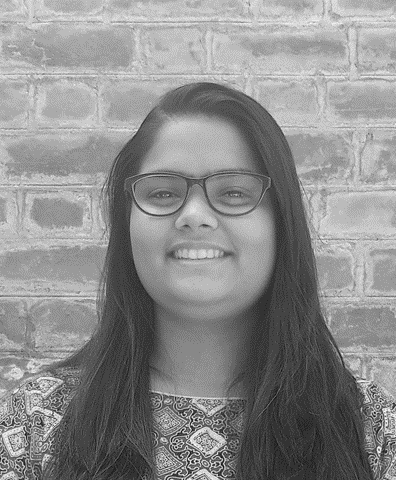
Vedangi Raval
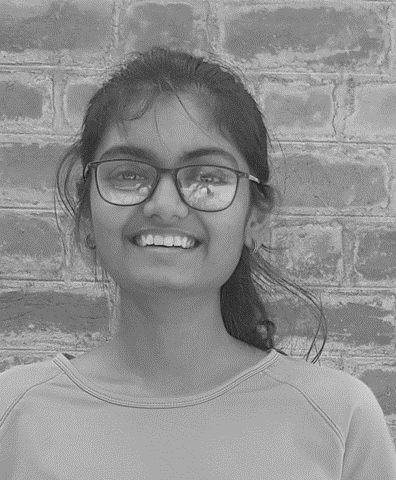
Viraj Panchal
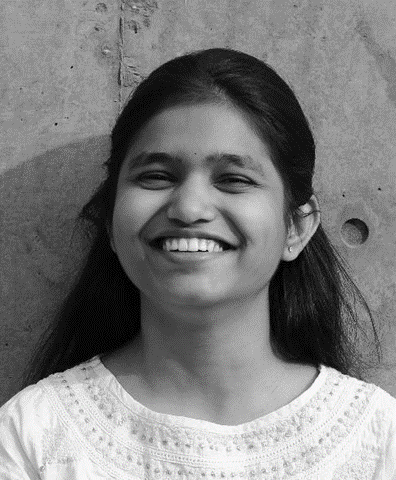
Yashasvi Asati
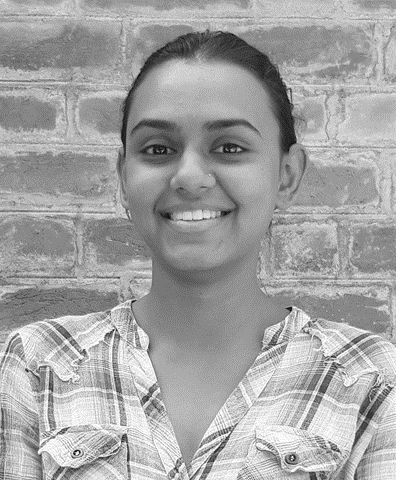
Brinda Patel
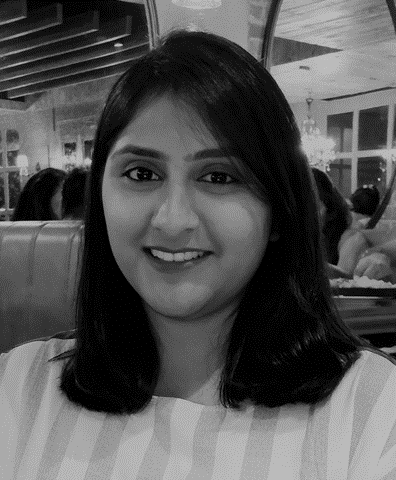
Priyanka Kapoor
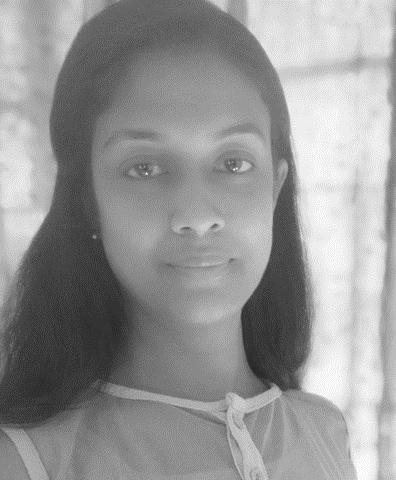
Payal Dan
A number of academicians and scholars in India and the UK have been guiding forces on this project. Jyotindra Jain, Rima Hooja, Arthur Duff, Vishwanath Kashikar, Seema Khanwalkar, Snehal Nagarsheth, Kireet Patel, Shikha Jain, Shailesh Trivedi, Anu Sutaria, Pooja Sanghani, Tridip Suhrud, Saumya Das, Apurva Ashar, Nimish Patel, Parulben Zhaveri, Richard Alford, Katherine Bridges, Katie Briggs, Brian Durrans, Eiluned Edwards, Mark Elliott, Richard Everitt, Clare Harris, Gustav Imam, O.P. Jain , Stephen Larcombe, Danielle Lefeuvre, John Mack, Chris Martin, Alisa Miller, John Mitchell, Victoria Mitchell, Divia Patel, Tirthankar Roy, Daniel Rycroft, Deborah Swallow, Laura Williams, Alexandra Woodall, Nadine Zubair, Annie Woodman, Rosemary Crill, Alec Cummings, Brian Durrans, Mark Elliott, Shreela Gosh, Clare Harris, Gustav Imam, John Mack, John Mitchell, Victoria Mitchell, Divia Patel, Naomi Pierrepoint, Tirthankar Roy, Daniel Rycroft, Deborah Swallow, Laura Williams, Alexandra Woodall, Nadine Zubair, Annie Woodman, Jason Ng, Ivor Kemp, Urvashi Sabu, Nidhi Kamath, Nimish Patel, Parulben Zhaveri, Swati Kathan Kothari, Tarun Jangid.
Several museums have provided access to their collections for this study, for which we are grateful. Lalbhai Dalpatbhai Museum, Ahmedabad, Sardar Vallabhbhai Patel Museum, Surat, Shreyas Folk Museum, Ahmedabad, Tribal Museum, Chhota Udaipur, Vechaar Museum and Vishalla, Ahmedabad, The Maharana Mewar Charitable Foundation and the City Palace Museum, Udaipur, Bagore ki Haveli, Udaipur, Juna Mahal & Udai Bilas, Dungarpur, Piramal Haveli, Jhunjhunu; Podarji’s Haveli Museum, Jhunjunu, Mehrangarh Fort Museum, Jodhpur; Bikaner palace, Bikaner, Bundi Palace, Bundi, Junagarh Fort, Maharaja Sawai Man Singh II Museum, Jaipur, Central University of Punjab, Museum of Social History and Rural Life of Punjab at Punjab Agricultural University, Virasat a Khalsa Museum, Heritage Cell of Khalsa College, Jalandhar, Dharohar Museum, Kurukshetra, Jainti Devi Archeological Museum, Jind and BRCM Archive & Alumni Centre, Central University of Punjab, Museum of Social History and Rural Life of Punjab – a part of Punjab Agricultural University, Virasat a Khalsa Museum and Heritage Cell of Khalsa College, Jalandhar.
During the field visits, we were lucky to meet members of the royal and merchant families who opened the doors of their palaces and mansions and allowed us to record the vernacular furniture items within. We were also able to visit a number of private collections and warehouses who provided us a tangential insight on the collection and trade of vernacular furniture. We were reliant on the kindness shown by numerous residents who shared their knowledge and personal stories related to the vernacular furniture. We were also fortunate to meet and learn from the craftspeople and makers of vernacular furniture. We have made the best effort to maintain a detailed record of all the people whom we approached for help whilst conducting fieldwork. The contributors have been listed below in alphabetical order in the regions where they helped us.
Gujarat
Central Gujarat
Rajan Bappu, Joravarsinh Jadhav, Anil Jain, Kunal Jain, Jagdip Mehta, Jogi Panghal, Rajiv Patel, Surendra Patel, Erroll Pires Nelson, Paulomi Shah, Mukarram Shaikh, Gopal Singhji, Ranvir Sisodiya, Melissa Smith, Nidhi Kamath
East Gujarat
Dineshbhai, Krunal bhai, Rakesh Patel, Atri Shah, Vichhiyabhai
Kutch
Bhailobhai, Basharburabhai, Hirabhai, Krutharthsinh Jadeja and family, Tejas Kotak, Meena Kushuk, Juhi Pandey, Prakash Sanghvi, Ramesh Sanghvi, Salaambhai, Ramnik Shah, Kiran Vaghela
Saurashtra
Haji Asif, Muzammil Asif, Durbarshri Bharatkumarsinhji, Hitesh Changela, Joy Chatwani, Meera Chatwani, Bharatbhai Dhadar, Adityabhai Dhadhal, Durbarshri Godawala, Mer Aodara Aogadh Hoja, Nathabhai Mer, Falgunsinhji Jhala, Kuvar Shaktisinhji Jhala, Somrajsinhji Jhala, Thakore Saheb Prithvirajsinhji Surendrasinhiji, Durbarshri Jiluwala of Vaganiya, Yuvraj Saheb Ranjitsinhji Jitendrasinhji, Durbarsahib Shri Mahavirsinhji Khachar, Durbarsahib Shri Pradeepsinhji Khachar, D.S. Vanrajsinhji Khavad of Dhandalpur, Durbarshri Samanth Bapu Khuman, Durbarshri Narendra Sinh Kotila, Maharani Saheb Shri Ulash Kunwarba, Durbarshri Maheshwala of Bavishi, Rajkumar Nirmalvala, Elyas Panwala, Durbarshri Ramvala, Bhavesh Randhanpura, Deepakbhai Sangeda, Hemen Sanghvi, Satguru Sahadev Durbarshri Matravala Savantvala, Brinda Parth Shah, Namdar Thakorsahib Shri Chaitanyadevsinhji, Thakorsahib Prithvirajsinhji Jhala, Mahavir Vank, Durbarshri Harpal Vala, Durbarshri Dada Pappu Varu, Durbarshri Goutamsinh Varu, Durbarshri Viravala, Deviba Wala, H.H. Namdar Durbarshri Ajaykumar Sinhji Wala of Amarnagar State, Zahid bhai
South Gujarat
Jeero Dalal, Falguni Desai, Jagdish Jani, Aparna Kadikar, Pankaj Kadikar, Bhamini Mahida, Dhansukh Mistri, Jigisha Modi, Sarosh and Azmi Wadia, Vasantbhai, Anuj Zaveri
Rajasthan
Dhundhar
Akhil Jalani (Social Worker (RSNH)), Arindam Das (Pearl Academy), Ayush Kasliwal (Anantaya), Gaurav Jain (Businessperson), Geetanjali Kasliwal (Anantaya), K N Raju (CDOS), Kapil Sachdeva (CEPT), Kavita Joshi (Theorize Design Pvt. Ltd.), Manas Sharma, Manoj Dangoria, Meenal Jain (MIAD graduate/ Town planner), Naval Daga (Social Worker (RSNH)), Pooja Agrawaal (Dronah), Pratibha, R K Gupta (CDOS), Rajeev Lunkad (The Human Project), Raju Bhai Rawatji (Mangalam handicrafts), Ramu Ramdev (Traditional Miniature painter), Satish Damri (Pearl Academy), Sheetal (IIID), Siddhant Shah (Access for All), Sumit (CDOS), Upasana Tiwari (IICD), Vinod Joshi (Virasat Foundation), Yash Pratap Singh Shekawat (Conservation Architect/ HOD, Poornima University)
Godwad
Anju Shah, Abhishek Chandaliya (Conservation Architect), Bhavarlal Munilalji, Hemendra Chodamalji, Padamchand Bhagwanchand Jain, Maheshbhai, Kanji Bhai (Premnathji), Lalitbhai Soni, Shri Nandiswardeep Jain, Ashutosh Patni (INTACH co-ordinator), Chatar Bhuj Sankarlal Dave, Devram Satraj Kumar, Gaurav Bhavarlal Dave, Himmatji, M K Saheb, Mukesh Bhai, Phuspaji, Phukraj bhai, Ratram Ootaji, Tilaramji Pratapji, Yashwantji, Durgaram Devsai, Dushyant Singh Thakur (Falna Rawala), Udeshbhai, Sajjan Singh Thakur (Ghanerao Royal Castle)
Hadoti
Bafnaji, Lekhraj Singh (Stone craftsperson), Nareshji’s Furniture Shop, Rao Madho Singh Museum (Garh Palace)
Marwar
Ajitsingh, Ajit Singh Ji Rathod, Alias Haji Immam, Amar Singh Rathod, Amit Shethiya, Bhawani Singh Ji Rathore (Dighda gadaan), Bhavani Singh Rathod, Dhiraj Kumar Sharma, Dinesh ji Salecha, Fakri Devi Hasulal Jain (SURE), Fatehkaran Singh Vedha, Ganpat Singh, Gyan Singh Rathod, Haji Resham, Hasam Khan (Murada bai Sameja), Jayrama Ram ji Kukna (Society Work and Researchant’s Centre, SWRC), Kamla Devi Meghwal (Mahabar), Khamma Devi Chopra, Manju Devi Jain, Manohar Singh Ji Sodha, Mohini Devi Jain, Nampat Singh, Nararam ji Kukna (SWRC), Narayan Ram ji (Dhanau), Om Prakash ji Sharma, Padam Singh Bhati, Punra Ram ji Kukna, Puraram, Purushottam Khatri (Ghodal restaurant), Pyari Devi Jain, Ranaram Prajapat, Ranaram Ji Prajapat, Roop Singh Ji Rathod, Shambhu Mankad, Shree Lata ji (Society to Uplift Rural Economy, SURE), Surendra Singh Ji Rathod (Marudi), Tribhuvan Singh Rathod (Royalty), Vilal Immam (Konra), Bhavani Shankar Vyas, Dr. Mahendra Khadgavat (Director, Rajasthan State Archives), Dr. Mohan Ji and Ravi ji, Dr. Ranjendra Joshi, Gridharlal Suthar (Shri Ishawardas art gallery), Gopal Singh Chouhan (CFO & Secretary of Lokayan Sansthan), Mawa Patti, Mr Sampat Ji (SampatJi Ki Haveli, Banthia Chowk), Mr. Narendra Singh Purohit (R.A.S. Urban Improvement Trust), Mr. Aziz Bhutto (Photographer, Royal studio), Mr. R.K Jaiswal (Commissioner, R.S.A. Nagar Nigam office), Mr. Krishna Chandra Sharma (Chairman of Lokayan Sansthan), Mr. Rajiv Mehra (Manager, Vesta Bikaner Hotel), Mr. Prashant Ji Rampuria, (Owner. Bhanwar Niwas), Mr. Siddhant Ji Kothari, Premkala ji Kothari, Poonumchand Ji Anundmull (Kothari ki haveli, Kothari Moholla), Prabhu Dayal Suthar, Tulsiram Ji, Anil ji Vyas, Babu Singh Ji, Chandra Singh Ji Ujjval, Ghemar Singh Ji Bhati and Amboo devi, Harshal Ji Vyas, Lalit Ji Vyas, Madan Ali (Stone craftsman), Mahendra Singh Ji, Manish Ji Vyas, Pandit Shri Brij Mohan Ranga, Pavan Ji Tanvar, Prem devi, Raghuveer Singh Ji Bhati, Shrawan Singh, Tarun Ji Chauhan, Yashwant Singh Ji, Vikram Singh Ji Bhati, Dhaval Singhvi, Ganesh Handicrafts Exporter, Kunal Dave, Lalitji (Heritage furniture manufacturer), Mr. Abhinav Bhandari (Navi Art & Crafts) Pal Haveli, Rima Hooja (Archaeologist), Shree Ram Exports
Merwara
Chandrasenji Thakur, Dr. Vivek Sharma, Harishji, Abdul Jabbar (Carpenter), Sunil Sharma
Mewar
Mahaveerji, Manishji, Sathyanarayan Suthar (Kaawad craftsperson), Bhupendra Sharma and Suresh Sharma (Pichwai painting artisans), Deepak Kumar (Takaji Terracotta Art), Jamnalal Kumbhar (Kalptaru Terracotta Art centre), Logarlal Kumbhar (Laxmi Terracotta Training & Research Centre), Bharatji, Bhargav Mistry, Dr Mayank Gupta (Maharana of Mewar Charitable Foundation), Govardhan Samar and Riaz Tehsin (Bhartiya Lok Kala Mandal), Nitin Choudhary (Neon Artifakts), P. M. Vasundhara (Maharana of Mewar Charitable Foundation), Shri Arvind Singh Mewar
Mewat-Brij
Dadhikar Fort, Omveerji, Surendraji, Rajputana Society of Natural History: Dr Satya Prakash Mehra, Dr Sarita Mehra, Himmat Ram Kumar and Vinod Thakur, Satyendra Mishra, Ashishji, Haribabu Saini, Abhay Gaur, Ramotarji, Dr Krishnendra Singh
Shekhawati
Ajay Swami, Jitendra Joshi, Madanji, Narendra Singh, K.K. Thalia (Shekhawati Art Palace), Narendra Johari (Shekhawati Art Impex), Surendra (Craftsperson), Jay Chand Lalji (Luniya Haveli), Maya Jangir, Pooja Jangir Patel, Shubhkaran Jangir, Suryaprakash Bansal (Maruti Arts and Crafts)
Vagad
Ashish Panda, Bharat Suthar, Jagdish Suthar, Jayshankarbhai Suthar, Madhu Ashish, Pankaj Suthar, Tilak Suthar
Punjab
Doaba
Raju Baba, Satwant Kaur, Manohar Singh, Jasbir Kaur, Pritpal Singh Parmar, Jasbir Kaur, Ajeet Singh, Hardeep Singh, Kaala Baagh, Lashkar Singh, Roshan Singh, Gurvachan Singh, Ameer Chand Saini, Sarpanch Jaswant, Bimla Ji, Bhajan Singh, Bhagh Ram, Roshan Lal, Udham Singh Dhadwal, Vijay Kumar, Mata Malan Devi, Anupam Khosla, Karamjeet Singh, Prabha Amar, Vidya Kaur, Phumbansi Ji, Phulbai Ji, Tarsenlal Ji, Manjeet Ji, Gyano Ji, Sita Devi Prehar, Cheranjilal Ji, Gurmeet Singh, Bahardur Singh, Tarlochan Singh, Kanwarjeet Singh, Bakwinder Singh, Gurjeet Kaur, Amardeep Singh, Pashpal Kaur, Sunita Ji, Gurdev Kaur, Santokh Ram, Satya Ji, Harbhajan Singh, Kamlesh Rani, Hans Ji, Pyaar Kaur, Kulvir Singh, Mahinder Kaur
Majha
Shor Singh, Deerdar Singh, Lakhninder Singh, Jagvinder Singh, Dr. Reshgun Singh, Manadi Ramandeep Kaur, Digandhar Singh, Ghurbhatt Singh, Deedar Singh, Gurwell Singh, Mannpreetji, Jagtar Singh Dhaliwal, Sadda Pind, Rupinder Ji, Manpreet Ji, Ajay Ji, Virasat Haveli, Sukhwinder Singh, Vikram Singh, Beerwinder Singh, Manjit Kaur, Ghurpar Singh, Gurdeep Kaur, Surjeet Kaur, Satpal Singh, Usha Rani, Baba Kesar, Gurmeet Kaur, Joginder Kaur, Bhajani Kaur, Mohinder Kaur, Raj Kaur, Manjeet Kaur, Davinder Singh, Surjeet Singh, Jalal Maseeh, Bawa Puro, Dhanti Ji, Jacob Teja, The Punjabiyat Resort, Gurudwara Chota Ghallughara Sahib, Kundan Singh, Bhajan Singh, Ujagar Singh, Soorti Singh, Sarpanch Gurmeet Singh, Usha Rani, Mahinder Singh, Godu Devi, Shammo Devi, Samita Devi, Dayaal Singh, Tripta Devi, Shakuntla Devi, Balbir Singh, Kishan Singh, Mangi Sharma, Rekha Rani, Bhajan Kaur, Baawi Devi, Jakhbad Jogia Nath Mahal, Charanjeet Kaur, Chanan Singh, Kamaljeet Kaur, Bhalwinder Singh, Gurudwara Baoli Sahib, Jaiv Singh, Mehar Singh, Balraj Singh, Gurdev Singh, Lakhwinder Singh, Pratap Singh, Sukhraj Singh, Gurdev Singh, Gurudwara Manji Sahib, Amarjeet Kaur, Balwinder Kaur, Sandeep Kaur, Sukhchain Singh, Jagwant Gill, Hawaldar Balbir Singh, Sardar Budha Singh, Kar Sewa Dera Baba Jiwan Singh Ji, Narwaer Singh, Davinder Singh, Balwinder Kaur
Malwa
Gagan Gupta, Charanjeet Kaur, Rana Abdulim Haveli, Jaswant Singh Lambardar, Amar Kaur, Laabh Singh, Reshma Kaur, Charno Ji, Soam Kaur, Jeeto Kaur, Amreek Singh, Bholi Kaur, Kulwinder Singh, Gurdev Kaur, Bhadaur Singh, Ram Singh, Bhola Singh, Shaheedan Singh, Jarnail Kaur, Surjit Singh, Mithu Khan, Khushi Khan, Pritam Singh, Gurmeet Singh, Pritam Singh, Harjinder Singh, Harjinder Singh, Bhutta Singh, Amarjeet Kaur, Gurcharan Singh, Master Jagtaar Singh, Gurdev Singh Soni, Nachhattar Singh, Amarjeet Kaur, Baghla Furniture House, Harwans Singh Dhillon, Gurjan Singh, Sukhveer Kaur, Sukhveer Kaur, Jagdish Singh, Gurcharan Singh, Charanjeet Kaur, Hardeep Kaur, Tej Kaur, Rani Kaur, Jagdev Singh, Darshan Singh, Sukhdev Singh, Darshan Singh, Gurdev Singh, Gurtej Singh, Chota Gurusar Gurudwara, Chota Gurusar Gurudwara, Swarnajeet Singh, Balwinder Singh, Jarnail Singh, Chanan Singh, Harbans Singh, Arjan Singh, Darshan Singh, Krishan Singh, Surjeet Kaur, Sardar Balwinder Singh, Hardev Singh, Rustom Massey, Galmer Singh, Gurusewat Singh, Bawa Singh, Balbir Singh, Lal Chand, Surinder Dhir Haveli, Gurtej Singh, Kala Singh, Budhram Thekedaar, Kila Singh, Charan Das Sharma, Chhinderpal Kaur, Thana Singh, Guran Dutta, Sohan Singh Mankoo, Davinder Singh, Hazrat Seyfeddin Farooqi, Sukhchain Singh, Lakhwinder Singh, Mohinder Singh, Karamjeet singh, Manjeet Kaur, Sardar Kirpal Singh, Kamaldeep Kaur, Surinder Kaur Rashpal Singh, Sukhwinder Kaur, Avtaar Singh, Sardar Harmesh Singh, Sardaar Gurmail Singh Toor, Rajinder Singh, Surjeet Kaur, Dara Singh, Kashmir Mohammad, Rajinder Singh, Dhyan Kaur, Sardar Rughbir Singh, Garjeet Singh, Satinder Pal Singh, Arshveer Singh, Ranveer Siyag, Krishna Lal Sihag, Balram Rinua, Raghav Sachdeva, Soni Mistry, Balbir Chand, Mahender Singh, Mangat Singh, Kuldeep Singh, Pooran Singh, Mistri Jagga Singh, Brijlal Jaiya, Tez Kaur, Kirianwala Pind, Bohar Singh, Madan Lal Bhatti, Harbhajan Lal Chatradh, Bantaram Chatradh, Jagtar Singh, Sarjeet Singh, Amreek Singh, Kashmir Singh, Amreek Singh, Mukhtyar Singh, Ajit Singh, Sandeep Singh, Shri Pothimala Sahib, Resham Singh, Surjeet Kaur, Agwal Singh, Jaswant Singh, Prem Singh, Manjeet Singh, Garmeer Kaur, Karanjeet Singh, Pritam Singh, Jaswinder Singh, Dr. Mohan Singh, Sukhpal Kaur, Praveen Kaur, Sukhvinder Kaur, Pyaro Bai, Paramjeet Kaur, Pyara Singh, Sukhdev Singh, Vijay Kumar Samariya, Purana Bazaar, Ashok Kumar, Raj Kumar Haveli, Vijay Kumar Samariya, Des Raj Singh, Babu Ram, Kuldeep Tailor, Malkeet Singh, Tarsen Singh, Dashmi Paatshahi Gurudwara, Kuldeep Singh, Hoshiyaar Singh, Bagicha Singh, Karnail Singh, Gurdeep Singh, Kripal Singh, Balwant Singh, Hardeep Singh, Kamal Kaur, Jagpal Singh, Lakhwinder Singh, Satnam Singh, Sohan Singh, Roshi Singh, Karamat Sahib Gurudwara, Balwant Singh, Kaka Singh, Mithu Singh, Gurprem Singh, Hardev Singh, Channa Ramji, Jeevan Singh, Darshan Singh, Balwinder Kaur, Pyaara Singh Sohi, Karniyal Singh, Gurjeet Singh, Baldev Singh, Gurnaam Kaur, Jagsir Singh, Bikkar Singh, Baldeep Singh, Darshan Singh, Paramjeet Singh, Kulbir Singh, Basant Kaur, Charanjeet, Jagdev Singh, Sukhdev Singh, Jasveer Ram, Hukum Chand, Jasbir Singh, Jasmer Singh, Manjeet Kaur, L.D. Gupta, Punjab Emporium, Patiala City, Sukhwinder Singh, Mr. Hardeep Singh (Tourist Information Centre), Shyamlal Jain, Jagannath Jain, Mehar Singh, Karam Singh, Jaswinder Kaur, Tejinder Pal Singh, Gulbaag Singh, Ram Nath, Bahadur Singh, Gurdeep Singh, Sukhdev Singh, Sikandar Singh, Jagdev Singh, Surjit Kaur, Balwinder Singh, Davinder Singh, Ajmer Singh, Darshan Singh, Maghar Singh, Bachani Devi, Yashpal Sharma, Kamala Devi, Balkar Hans, Prem Singh, Dr. Mohd. Rafi, Dharamjeet Singh, Modan Singh, Sewa Singh Wood Works, Dhanna Singh, Rehmat Qawal House, Rana Muhammad Ali Khan, Master Tara, Sardar Balraj Singh, Sardar Gurnaam Singh, Sukhraj Singh, Angrez Kaur, Pratap Singh, Naseeb Kaur, Mukhtyar Singh, Jaginder Kaur, Harjinder Kaur, Ramandeep Kaur, Sadagar Singh, Baljinder Singh, Gurtez Singh, Chur Singh, Hardeep Singh, Prithvi Singh, Motiram Ji, Surjeet Singh, Ajmer Singh, Baljit Singh, Bhutta Singh, Nichattar Singh, Sukhminder Singh, Kulwant Kaur, Lakshman Singh, Mehar Singh, Balwinder Singh, Teja Singh, Jagbir Singh, Sukhdev Kaur, Preetam Kaur, Shinder Kaur, Mohinder Kaur
Haryana
Ahirwal
Sandeep Mohar, Bijendar Singh, Kamal ji, Dharam Singh, Ranbir Singh, Kamla devi, Renu devi, Bimla devi, Sukhbir Singh, Baldeep ji, Satyanarayan ji, Mahaveer Phogat, Baljeet ji, Jaiveer ji, Nafey Singh Phogat, Nauranglal ji, Rajesh ji, Somveer Singh, Leela Ram ji, Subey Singh, Indravati devi, Santra devi, Ali, Suresh Khan, Sharif Khan, Ummaid Fauji, Ali Jaan, Omprakash Motilal Jhangda, Ram Kishan ji Dakiya, Jaybeer Singh, Deepchand ji, Ummed Singh, Rohtaz ji, Ramkala ji, Kailash Yadav, Sohlal, Bharat Singh, Joginder Singh, Phul basant ji, Joginder Singh, Rajbala devi, Pardeep ji, Amilal ji, Anil ji, Sanjay ji, Kavita devi, Bhramanand ji, Sushila devi, Vijaypal, Arun kumar, Sandeep Singh, Indravati devi, Pritam Sharma, Omvati devi, Mul Singh Shekhawat, Jagdish Singh Shekhawat, Sauna devi, Ghussa singh, Sher singh, Bahadur Singh, Subeh Singh, Surendar Singh, Jagdish Singh, Raju Singh, Bajrang Singh Tawar, Veru Singh, Hanuman Singh, Basanti devi, Sarabati devi, Banarasi devi, Kamla devi, Pooja devi, Dr. Gopichand Gujar, Baba Murla, Santosh ji, Sumer Singh, Sarvan devi, Anju Sharma, Nasir Khan, Nahid Khan, Raj Kumar ji, Anilkumar Agarwal, Yogeshwar Prasad, Kanaram ji, Arjun Singh, Simbu Dayal, Ravinder Mittal, Kamla Devi, Harpal Singh, Sultan Singh, Harpal ji, Satish Kumar, Subhash ji, Sachin Verma, Gajraj, Himanshu Bohra, Sunil Kumar, Dharmendra, Brijmohan ji, Ramnarayan Soni, Satendar ji, Dinesh Kumar ji, Umrao Singh, Rajabala devi, Kabul Singh, Jodharamji, Shri Krishan Chaudhary, Bheemraj ji, Shri Shyamlal ji
Bagad
Kamaljeet Singh, Amarjeet Singh, Sahil Kumar, Sachin, Jagdish Saini, Dharamchand ji, Jayprakash ji, Dhyansingh Sheoran, Dharamchand Sheoran, Nawabzada Riazuddin Ahmed Khan, Pramod Dhanpatrai, Mahender Kaur, Kesar Singh, Sukhdev Singh, Dharam Chand, Naresh Kumar, Ramesh Kumar, Rajwinder Singh, Bhola Singh, Kaku Singh, Ravinder Kumar, Devi lal, Ramdulari, Aatmaram ji, Tekchand ji, Bodhram, Ram Swaroop, Hoshiar Singh, Balraj Singh, Master Tekchand, Balraj Yadav, Sant Raj, Bhagat Singh
Mewat
Harphul Singh, Sunil Kumar, Krishna devi, Meenu devi, Hawa Singh, Mamta devi, Divan Singh, Kama devi, Divan ji, Rampath ji, Savitri devi, Somat Singh, Rekha devi, Harnav ji, Chattar Singh, Vijay Khatana, Sachin ji, Dharmendra Khatana, Krishan ji, Omjit Swami, Suman devi, Chhibi Singh, Santo Singh, Bedi devi, Payal devi, Sonam devi, Shashi devi, Bheema ji, Pritam Singh, Gurdeep Singh, Rameshji, Pandit Ramlal, Ramesh ji, Satto devi, Dhanesh Bharadwaj, Rakesh Bharadwaj, Anand bir, Memwati devi, Ramveer ji, Dayaram ji, Gaurav Chaudhary, Omveer ji, Natholi Ram Kaushik, Noor Mohmman, Bismillah Khan, Shamsuddin, Haji Israel Shah, Naseema, Shamsher, Rehmati devi, Joginder Singh, Pawan kumar ji, Suresh Bharadwaj, Pawan Kumar, Lakhan Kumar, Khajaan Singh, Nadiya Khan, Anjum Gorwal, Bijjo Tamar, Rajesh bai, Joginder Singh, Kavita devi, Baliram ji, Hansraj ji, Batan devi, Angoori devi, Ashok kumar Yadav, Pawan kumar ji, Mahha devi, Puran Lohiya, Rinky devi, Gopal Singh, Pappu Singh, Sunder Singh, Manju devi, Subah Khan, Umar Mohammad, Din Mohammad, Yakub Zaildaar, Mohsin, Nadiya Khan, Zakira begum, Atru Dada, Abdul Karim Gorwal, Anwar Gorwal, Saripan begum, Apsari begum, Abdul Karim, Haaji Jahurrudin, Atri begum, Ali Sayed, Nazma, Mohammad Hanif, Mukand ji, Mahant ji, Lakhan ji, Hansraj, Chandra Soni, Pushpa devi, Pawan ji, Rakesh kumar, Ramdutt ji, Sukhdev Singh, Mewaram ji, Ranno singh, Mohanlal Nambardar, Pramod ji
Khadar
Ranbir Singh Phoghat, Kuldeep Mohar, Poonam devi, Ayodhya Prasad, Jaypal ji, Vinod Kishankumar Parjapat, Parveen Panghal, Rakesh ji, Subeh Singh, Sunil kumar, Sudesh kumar, Pardeep ji, Dinesh kumar, Rajbir Singh, Azaad Singh, Rajiv ji, Pardeep Bhut, Rajkumar ji, Mahaveer Prasad, Satveer ji, Ashish kumar, Bheem Singh, Sumitra devi, Sukhpati devi, Maya devi, Gita devi, Darshana devi, Naseeb Singh, Ramesh ji, Satbir Singh, Vikas Singh, Ghumnilal, Najbuddin ji, Asarfilal ji, Nathuram Mistry, Maya devi, Mewa devi, Munni devi, Lilu Rukammudin, Vinay Arora, Monali Wanker, Vikas ji, Krishan ji, Vansh ji, Basant ji, Sunder ji, Sudesh Kataria, Rajendra Deshwal, Alka Sachdeva, Ramkumar ji, Karan Singh, Ramkishan ji, Kishan Singhji, Bala devi, Mukesh devi, Dharamveer Naai, Prem Kaur, Kuwarpal, Joginder Singh Kataria, Vijaypal Bhanwala, Anju Bhanwala, Meena Devi, Mohit Bhanwala, Rajesh Bhanwala, Mahipal Singh Bhanwala, Gyanandar Bhanwala, Rampal Bhanwala, Rajesh Bhanwala, Narendra Bhanwala, Jayprakash Bhanwala, Saroj devi Deshwal, Jeet Singh Deshwal, Ramkishan Deshwal, Sumer Deshwal, Mamen Chhacchiya, Surendra Sharma, Rajkumar Kashyap, Ajit Jain, Omprakash Gahalyan, Karan Singh Saini, Shanti devi, Ratan Singh, Sushila devi, Jagbir Singh Nambardar, Kabita devi, Ram Singh Nambardar, Jaybir ji, Nafay Singh Nambardar, Ramkishan ji, Ramrati devi, Ramnarayan ji, Priyanka devi, Atul, Savitri devi, Rakesh Dalal, Sonu Nahi, Vijay Atri, Rampath Bharadwaj, Devilal Bharadwaj, Deepak Hooda, Samunder Hooda, Rajni devi, Bedpal ji, Ompati ji, Rajni devi, Raghav kumar, Virender kumar, Amar Singh, Ranjendra Kumar Dhull
Nardak
Binder Jaypal, Prem Kaur, Kamla devi, Maya devi, Rajbala Kaur, Raja Ratan Anmol Singh, Jamila devi, Maha Singh Punia, Vinod Pachauli, Lachhi Ram Halwai, Amar Singh Kakkar, Tara Chand, Jaswant Kaur, Raj Kaur, Rajindero Devi, Rampal ji, Shyam Lal, Jai Bhagwan, Nanak Singh, Beer Singh, Subhash Singh, Sushil Kumar, Ravinder Kumar, Chanwa Singh, Bheem Singh, Maan Singh, Choodia Ram



